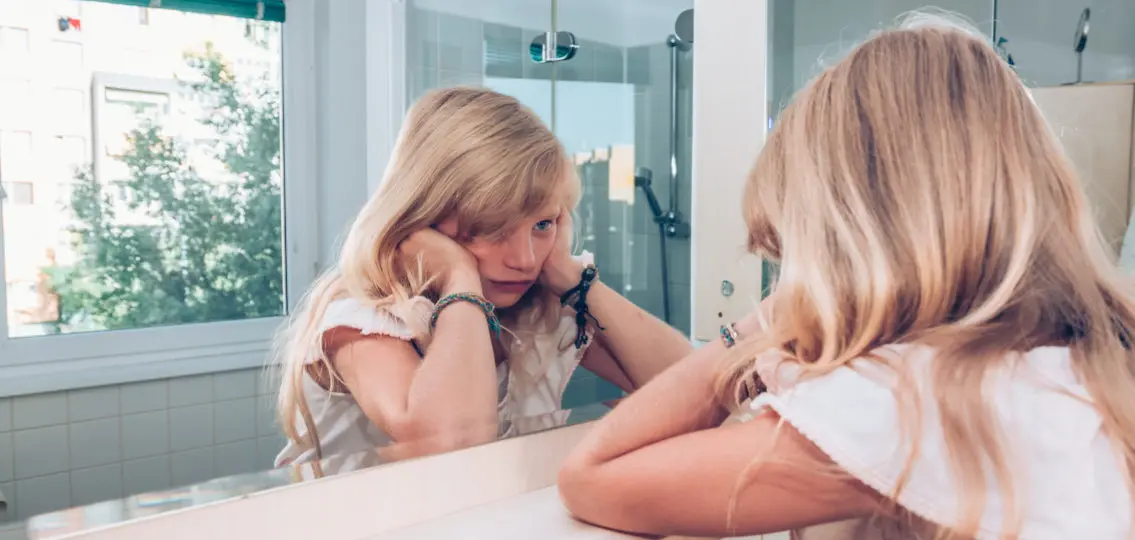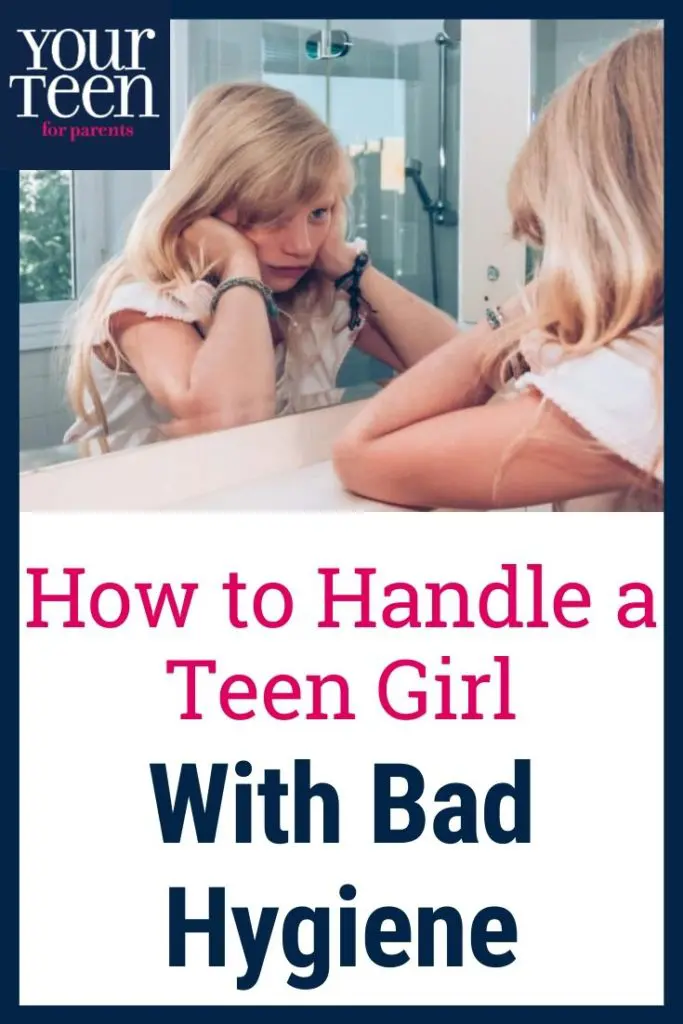Dear Your Teen,
My daughter, a teenage girl, has poor hygiene. At 15 she yells at me when I ask her to go shower. It doesn’t matter if it’s in the morning before school or after dance, sports, or a day at the beach. Sometimes she just runs the water without actually showering. It’s evident that she hasn’t showered because her towels are dry and no soap has been used. Yet she will use a bunch of deodorant and spend all day making sure her hair is perfect. It’s been going on for a while; I thought she’d grow out of it but she hasn’t. She goes away to college in two years. Any advice?

EXPERT | Tori Cordiano, Ph.D.
The teenage drive toward autonomy is strong, and you are seeing it play out in your daughter’s resistance to your suggestions (pleas, demands) about her personal hygiene. Sometimes, teenagers will let a power struggle with a parent eclipse their own good judgment at their own expense. Likely, your daughter does care about her appearance, as evidenced through her use of deodorant and her concern about her hair. She also probably knows she should be showering more regularly. However, she’s not interested in, and is in fact actively rejecting, your well-meaning advice. Your goal here is to take the heat out of your conversations in this area. Teenagers are sensitive about even perceived criticism over their appearance. You’ll want to avoid shaming her for her lack of hygiene.
Here are some ideas to address this tricky topic.
For the Teenage Girl Who Has Poor Hygiene
Outsource the conversation
Given that your daughter does not want to hear what you have to say, you might actually start by removing yourself from the conversation all together and outsourcing some of what she needs to know. There are a number of helpful self-care guides aimed toward younger adolescents, including the excellent American Girl offerings Care and Keeping of You 2 and its companion for boys, Guy Stuff: The Body Book for Boys. For older or book-averse adolescents, you might recruit the help of a trusted older sibling or cousin, a cool, younger aunt, if you happen to have that option, or even her pediatrician, as part of a general well-check. Your daughter may be more receptive to this conversation from someone other than you, particularly if it’s brought up in a nonjudgmental, organic fashion.
Focus on self-care
In your own conversations with your daughter, you can link her hygiene behaviors to her overall self-care. A major developmental task of adolescence is learning to care for one’s self—body, mind, and feelings. You might start by pointing out the excellent ways your daughter already cares for herself—maybe she’s a diligent student or a responsible teammate— before raising the topic of hygiene. Framing showering as an important way to take care of herself removes judgment from the conversation and makes it like any other task.

Particularly during this stay-at-home period, your daughter may not see the need to shower on a regular basis. If it’s a struggle to get her to bathe in general, the lack of routines and obligations outside the home right now probably make it even less appealing. In fact, the disappearance of these activities makes it all the more important for teenagers to uphold typical hygiene and self-care routines. You might try explaining to your daughter that taking care of herself and maintaining routines, such as consistent sleep, regular physical activity, and showering and dressing each day, helps with mood, anxiety, and motivation. Teenagers want to feel their best. And supporting your daughter as she establishes good personal hygiene and self-care behaviors will help her get there.





